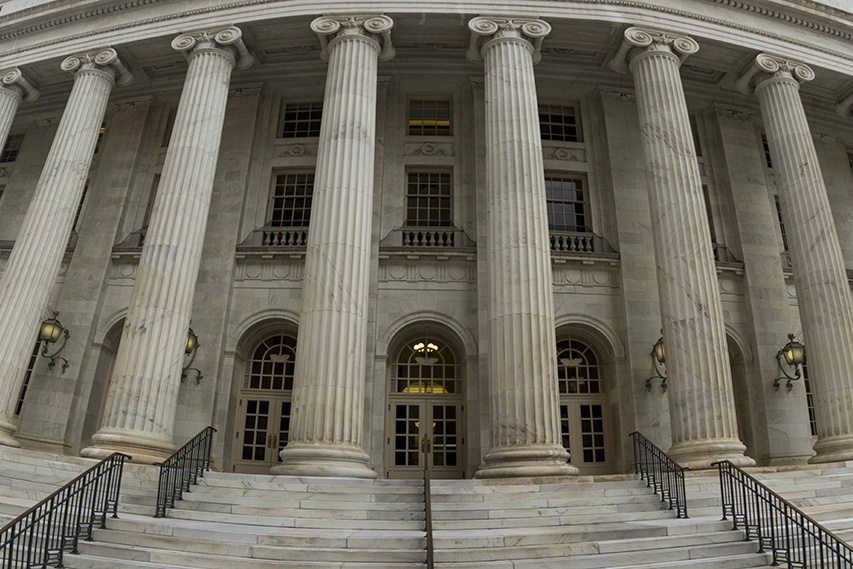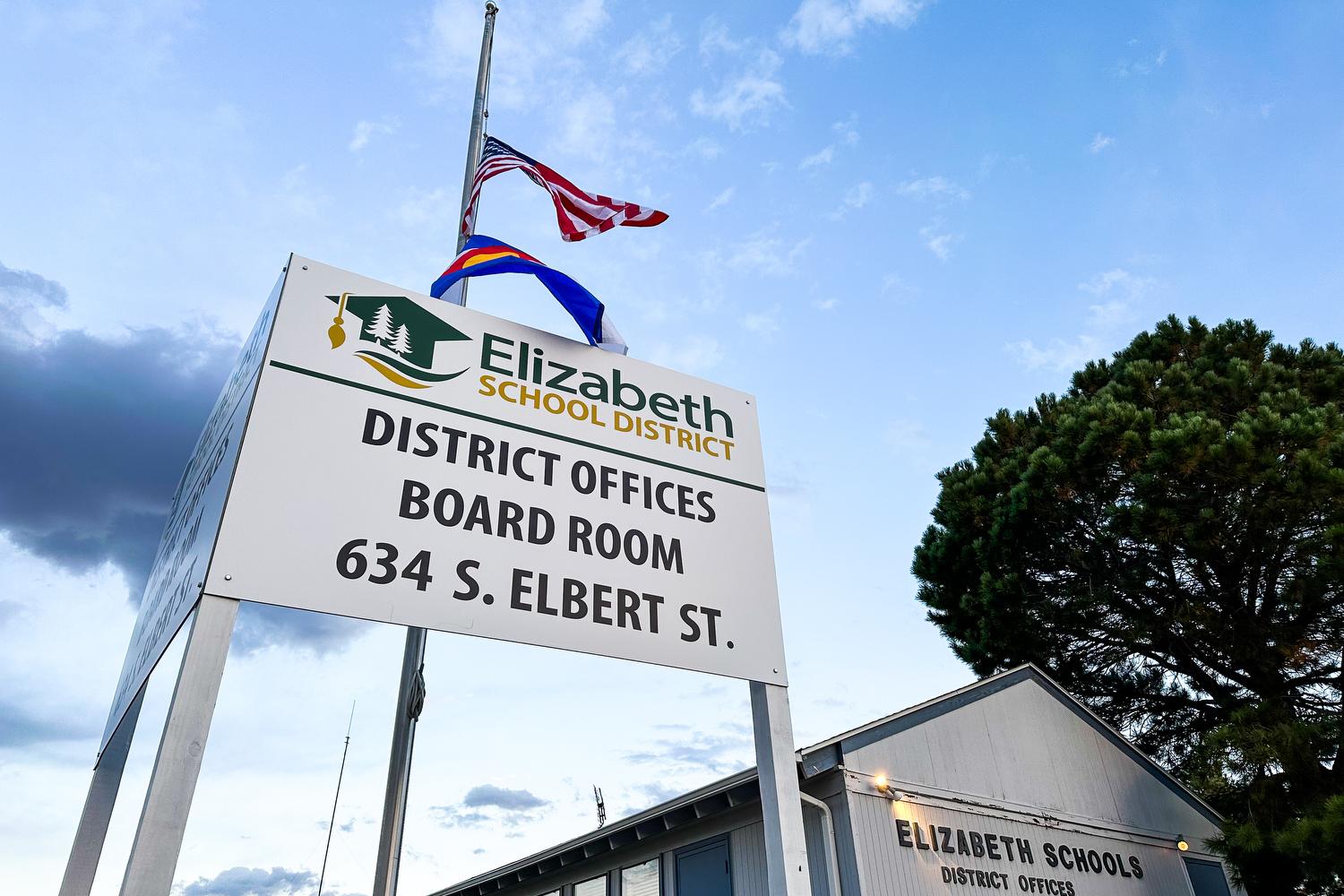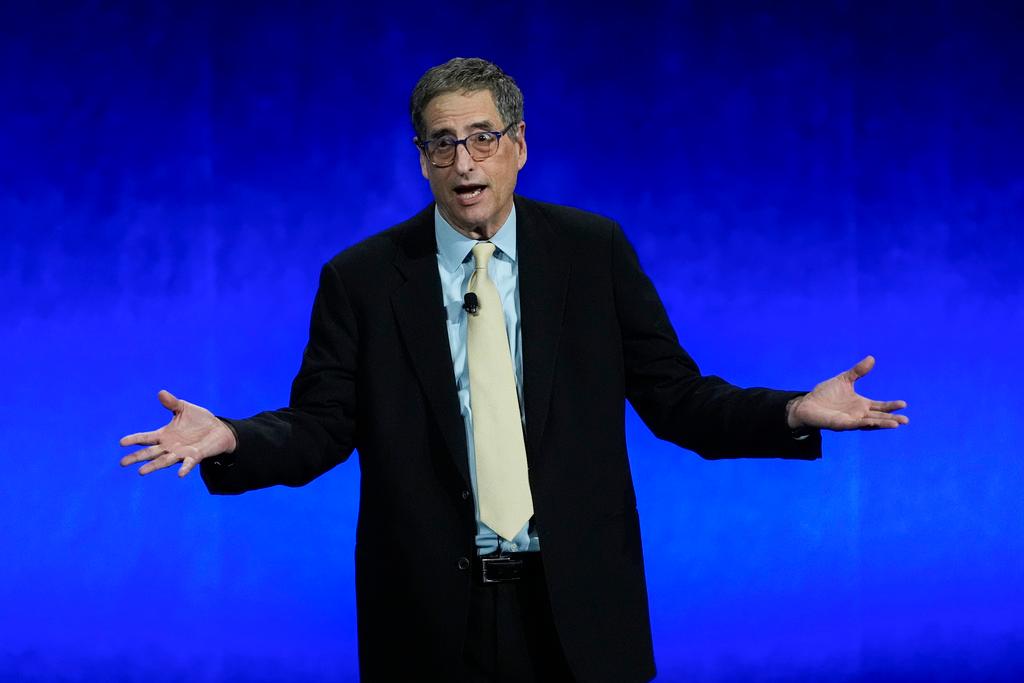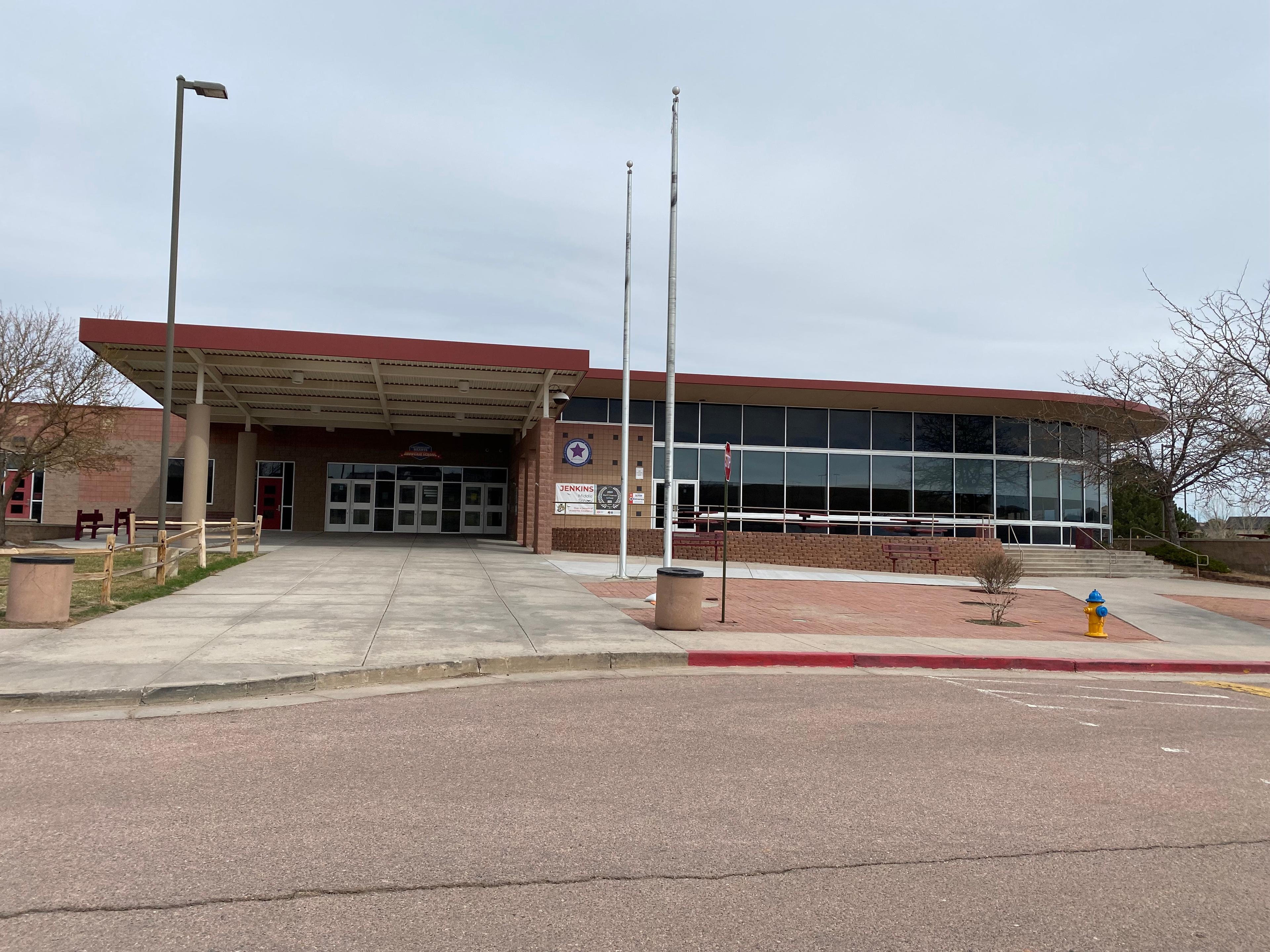
April 22 is the first day of commuter rail service between Union Station and Denver International Airport. The University of Colorado A-Line makes six stops in between. One of them is 61st and Peña Boulevard. It bears the name of Federico Peña, former Denver mayor and Secretary of Transportation in the Clinton administration. The airport is located where it is today, whether you like it or not, because of Peña. He joined Colorado Matters host Ryan Warner to reflect on the opening of the train to the plane, which he envisioned more than 30 years ago. Below are highlights from their conversation.
How DIA aligned with his 1982 campaign slogan, "Imagine a Great City":
"It was part of the comprehensive strategy of what I considered to be strategic investments in Denver to move the economy forward. So, a new convention center was one, a new airport was another, a new library, rebuilding our neighborhoods, making small business investments...So it was part of a comprehensive strategy. But there was no doubt that building a new airport was the most prominent of those investments.
On choosing not to expand Stapleton airport:
"[Adams county officials] said two things which I thought made a lot of sense. They said, number one, if we expand the airport over I-70 onto the Rocky Mountain Arsenal, you're going to bombard Brighton City and Commerce City with more noise, And we already had a problem with noise. And secondly, they said if, god forbid, an airplane were ever to crash and land in our communities it would be a disaster. And as I listened to them, I thought to myself, those are very reasonable concerns. And I then asked, 'well what is the solution?' And they said -- 'move the airport to the east.' Most importantly, we eliminated the noise from Adams County and Aurora in particular; and North Denver. [And] we now have room to expand in the future that I would say most cities in America would die for."
Why hotel and commuter rail to DIA were put off for decades:
"It is absolutely correct that the hotel and the commuter rail were put off. Go back to the economy of the 1990s which was very difficult, even though it started to finally come to life. So I think everyone made the right decision. You don't build a commuter rail until you know the ridership is there. And you don't build a hotel until the hotels in Denver have vacancy rates that are reasonable. So I think people looked at supply and demand as it existed in the 1990s and put off the commuter rail and the hotel until it was consistent with the economic times in which it was finally built. That's the smart thing to do."
On completing projects like DIA and commuter rail on time and budget:
"I think the public has a right to expect that big projects will be completed on time and on budget. I think when it comes to very complex projects where certain factors are sort of out of your control, things get a little fuzzy. And that's when errors are made, budgets are busted, and timelines are not met. I think the important thing is for institutions that are making those investments to have backup plans, to be flexible, to be able to make adjustments; so that at the end of the day, the investment pays off, the cost benefit analysis is there. That's been the case with DIA... that it is always profitable, that has been the case of DIA, and so...[the project] actually produces the positive impact that was originally envisioned."
On having the road to DIA and a rail stop named after him:
"It is a humbling experience, to be quite honest. My children think it's pretty cool. But, I refer to it as 'the boulevard.' I am very honored that the city council made that decision after I left office. I'm very honored that the station is being named after me along the boulevard. And what is most important is that these investments have been supportive of the broader community. Denver, to a large extent -and I'm speaking of the metro area- I see that [Vestas] wind company is building a new plant in Aurora, this is the kind of economic impact that we all envisioned for the broader metro area. I always argued to all the parties involved back then that we had to look to the future. Not to the first four or five years, but for the next 50 years."









